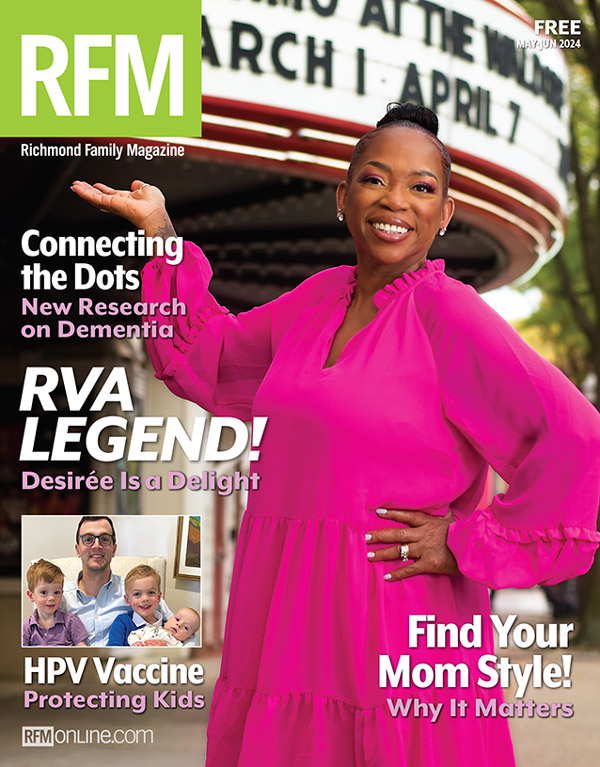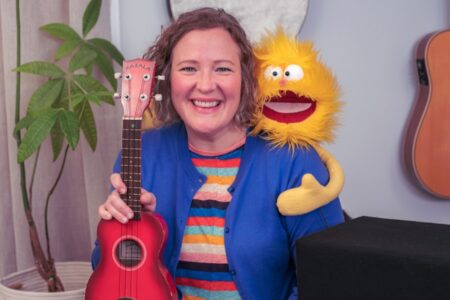Years ago, I read somewhere that it wasn’t a good idea to make the television the focal point of a room.
“TVs are nothing more than ugly black boxes the majority of the time,” the article stated. “Why make one the center of attention in your home?”
When we moved from our pre-kid cape to our dream home – the house we’re still in – we fell in love with the family room. A fireplace and built-in cabinetry filled the far wall. The adjustable shelves cried out for books, framed photos, colorful pottery, and more books. One large alcove was just the right size for a television. I’m sure that’s what the previous owners had in there.
As we toured the rooms, our footsteps on hardwood floors echoed through the empty house. We entered the family room.
“It’s just the right size for a TV,” the realtor said, right on cue.
“Or a changing table,” I told Scott later.
Our firstborn (who was running around what would soon be our forever home) hadn’t potty trained yet, and baby number two was in the works. There would be diapers. And lots of them. No way we were going up and down those steps ten times a day. So a changing pad, a supply of diapers and wipes, and lots of little baby tushies went where the builder, and probably God, had originally intended for a television to go.
The TV was stowed on a rolling cart that we had bought on clearance from the back room at LaDiff – so I could tell people that we shopped at LaDiff. The ugly box on its gorgeous LaDiff cart lived in a corner behind an overstuffed beige chair.
In front of the chair was a big basket of books. No way we were relocating the book basket and rolling out the TV cart (from LaDiff, remember?) just to watch one episode of Blue’s Clues or even Sesame Street. Consequently, in those early days, the TV rarely got switched on. As preschoolers, my girls never had a chance to develop a proper screen addiction or learn how to use a remote. We listened to music all day every day, and the kids played games, and drew pictures, and put on shows, and built forts.
The diapers continued to get changed. And the television alcove-turned-diaper-changing station served its purpose well for the next four years.
When our kids get to a certain age and they are decent humans, and we like them and they like us back, we might look at some of the things we have done along the way and declare that these things we did – or the way we parented – somehow worked. Over the years, when my children have achieved certain milestones – making a team, getting an internship, winning the award – people congratulated me. I pondered what, if anything, I had to do with my kids’ real-world successes.
In retrospect, it’s clear that what I like to consider pretty solid parenting strategies on my part were really just happy accidents with a little bit of laziness mixed in for good measure. What I mean is, what would evolve into my official position on television’s place in my kids’ lives was shaped more by interior design (hiding the TV) and laziness (using that alcove as a changing table) than by any desire to shield my young children from the influences of too much media.
Breastfeeding is another example. I breastfed all three of my babies until age one. Then, as now, there were a host of reasons “breast was best” for baby. The science was clear. Even breastfeeding for a week or a month, the experts declared, was better than denying your baby the essential nutrients found only in mother’s milk.
Of course I would breastfeed, and I would do it for one reason: laziness. Just the thought of washing and sterilizing nipples, bottles, and those little caps (that I’m not even sure are part of the bottle-feeding process anymore), and prepping formula six times a day made me tired and cranky. Even the disposable bag system seemed like a lot of work compared to what Bonnie the lactation specialist called the natural way (although if you’ve tried breastfeeding, you probably know it doesn’t come naturally!).
As I consider some of our happy accidents from days gone by, it’s not lost on me that the stakes seem to be different today. A pandemic, a baby formula shortage, a mental health crisis. A bit more serious than watching too much TV, I get it. But big picture, how we respond to challenges and the parenting decisions we make and the happy accidents we have along the way will help us raise compassionate, resilient children who will grow up to have their own families one day. And the cycle will continue.
My husband Scott and I have been on the RFM team for more than thirteen years now. When we were a few years into producing this magazine, my daughter Robin, who was twelve at the time, said this: “It’s funny that you’re making this great parenting magazine and you’re really just winging it.” I still marvel at the profoundness of that statement.
She was right: We were winging it then – and in many ways, we still are. Aren’t we all?







